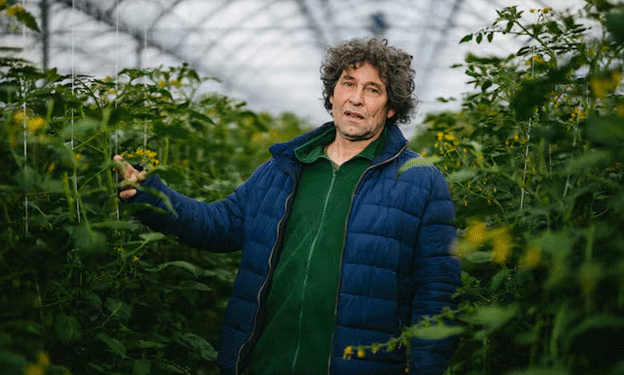Switzerland is grappling with an unprecedented crisis in organic potato farming. A combination of poor weather conditions and widespread fungal outbreaks has halved the organic potato harvest compared to the previous year. This dramatic shortfall has prompted a need for imports to meet consumer demand.
Impact of Weather and Disease
The unusually rainy and cold spring in Switzerland created ideal conditions for Phytophthora infestans, the pathogen responsible for late blight, to flourish. According to Rüdi Fischer, President of the Swiss Potato Producers Association, this year’s outbreak was the worst in decades. The situation has pushed Switzerland to increase potato import quotas multiple times, most recently in late August.
Organic farming was particularly hard hit. Data from Bio Swiss reveals a staggering 50% reduction in organic potato yields compared to 2023. Without sufficient domestic production, Switzerland is projected to run out of organic potatoes by the end of the year, necessitating imports to fill the gap.
A Farmer’s Perspective: Balancing Yield and Sustainability
Heinz Henisen, an organic farmer and head of the Organic Producers Association for Zurich and Schaffhausen, acknowledges the challenges but remains steadfast in his commitment to sustainable practices. Henisen believes organic farming’s environmental benefits outweigh the drawbacks of lower yields.
He cites the example of chlorothalonil, a widely used fungicide banned in Switzerland in 2020 due to soil contamination. This ban underscores the long-term risks of conventional farming practices, which often rely on chemicals with adverse effects on both human health and the environment.
Henisen has also experimented with resilient potato varieties like Acoustic. Despite withstanding this year’s wet conditions without pesticides, Acoustic faces resistance from supermarkets because it doesn’t meet aesthetic expectations—underscoring how consumer preferences influence agricultural viability.
The Role of Consumer Choices
Consumer demands for visually perfect potatoes—elongated, golden, and blemish-free—exacerbate the challenges faced by organic farmers. If consumers embrace diversity in potato appearance and prioritize sustainability over aesthetics, more resilient and sustainable farming practices could thrive.
Potential Solutions
- Adoption of Resilient Varieties: Expanding the use of disease-resistant potato breeds like Acoustic can reduce dependency on pesticides while maintaining yield.
- Policy Support: Governments could incentivize sustainable farming through subsidies and by promoting research into organic agriculture.
- Consumer Education: Awareness campaigns highlighting the benefits of organic produce and the environmental cost of conventional farming could shift consumer preferences.
Switzerland’s organic potato crisis highlights the fragility of sustainable agriculture in the face of climate change and disease. While imports can bridge the immediate supply gap, long-term solutions require collaboration between farmers, policymakers, and consumers. Adopting resilient crop varieties, revisiting supermarket standards, and fostering awareness about organic farming’s benefits are key steps toward a sustainable future.







